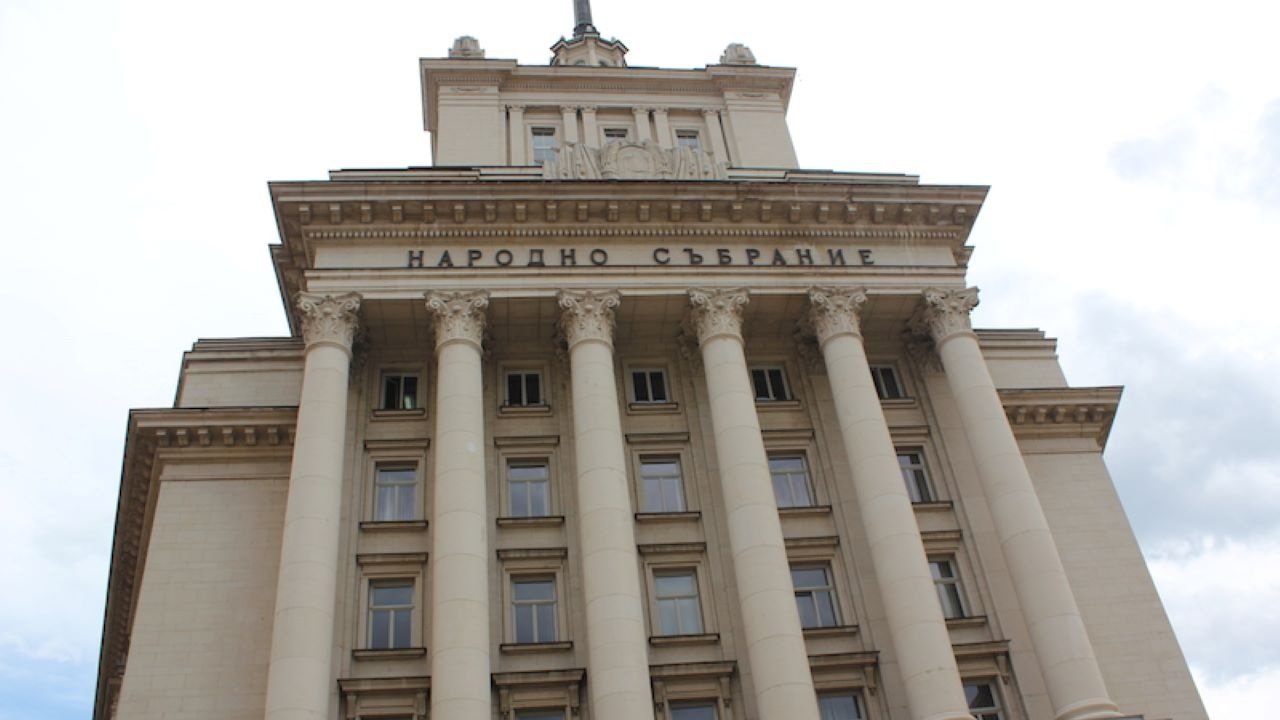Listen to the news
The Parliamentary Committee on Foreign Policy approved two draft resolutions on declaring the 1932-1933 famine in Ukraine a genocide. The committee also adopted a consolidated text combining the two similar draft decisions.
In the text submitted by GERB-SDS, it is said that with this decision, Bulgaria will rank among the countries that categorically condemn the horrific crimes of Soviet communism.
The eerie parallels of Putin's war against Ukraine with the events of 1932-1933 caused the topic of the Hunger and its condemnation as an act of genocide against the Ukrainian people to be raised in a number of national parliaments, states the reasons for the text submitted by "Democratic Bulgaria ".
It recalled that resolutions condemning the Famine had recently been passed in Romania, Ireland and Moldova and Germany.
"Today, more than ever, we must resolutely speak out in support of restoring historical justice, condemn the executioners and honor the millions of innocent victims of the Famine.
The European Parliament recognized the Ukrainian famine as genocide
We believe that with the adoption of this decision, Bulgaria will give a strong sign of solidarity with the just cause of Ukraine even today, when Putin's war threatens freedom and democracy throughout Europe", the reasons for the draft decision of "Democratic Bulgaria" also state.
The consolidated text proposes that every last Saturday in November be declared a Day of Honor and Remembrance for the Victims of the Hunger Strike in Ukraine.
In this regard, there is also a positive opinion from the Ministry of Foreign Affairs, said the chairperson of the parliamentary committee, Ekaterina Zaharieva.
The Great Famine in 1932-1933 - Gladomor, covered the main grain regions of the former USSR - Ukraine, the North Caucasus, the Lower and Middle Volga, Kazakhstan, Western Siberia and the Southern Urals.
During this period, 7-8 million people died of starvation, of which 3.5 million in Ukraine, 2 million in Kazakhstan and Kyrgyzstan, and 2-2.5 million in Russia.
The economically unjustified forced collectivization in the USSR in 1929-1930 led to a sharp decline in agricultural production, including bread. The plan of bread factories was increased, and in 1930 7.7 million tons of grain were exported from Ukraine, used mainly to cover the country's export commitments. In 1931, the republic had to again give the planned 7.7 million tons at a time when the harvest had fallen to 5 million tons. As a result of the incompetent policy in agriculture and the intensive export of grain in 1931, the food situation became critical.
On November 27, 1932, at a joint meeting of the Politburo and the Central Committee of the Communist Party of the USSR, Joseph Stalin explained the difficulties in bread production "with the infiltration of collective farms and state farms by anti-Soviet elements who organized sabotage." The Pravda newspaper of December 4 and 8, 1932 called for a decisive struggle against the kulaks, especially in the Ukraine. According to Ukrainian historians, the victims of the famine in Ukraine are 7 million and 200 thousand. The famine was eliminated only at the beginning of 1934. On November 28, 2006, a law was passed in Ukraine recognizing the great famine of 1932-1933 as genocide. Every year on November 26, commemorations are held in Ukraine in memory of the 3.5 million victims of the Hunger Games.
Ukraine
genocide
